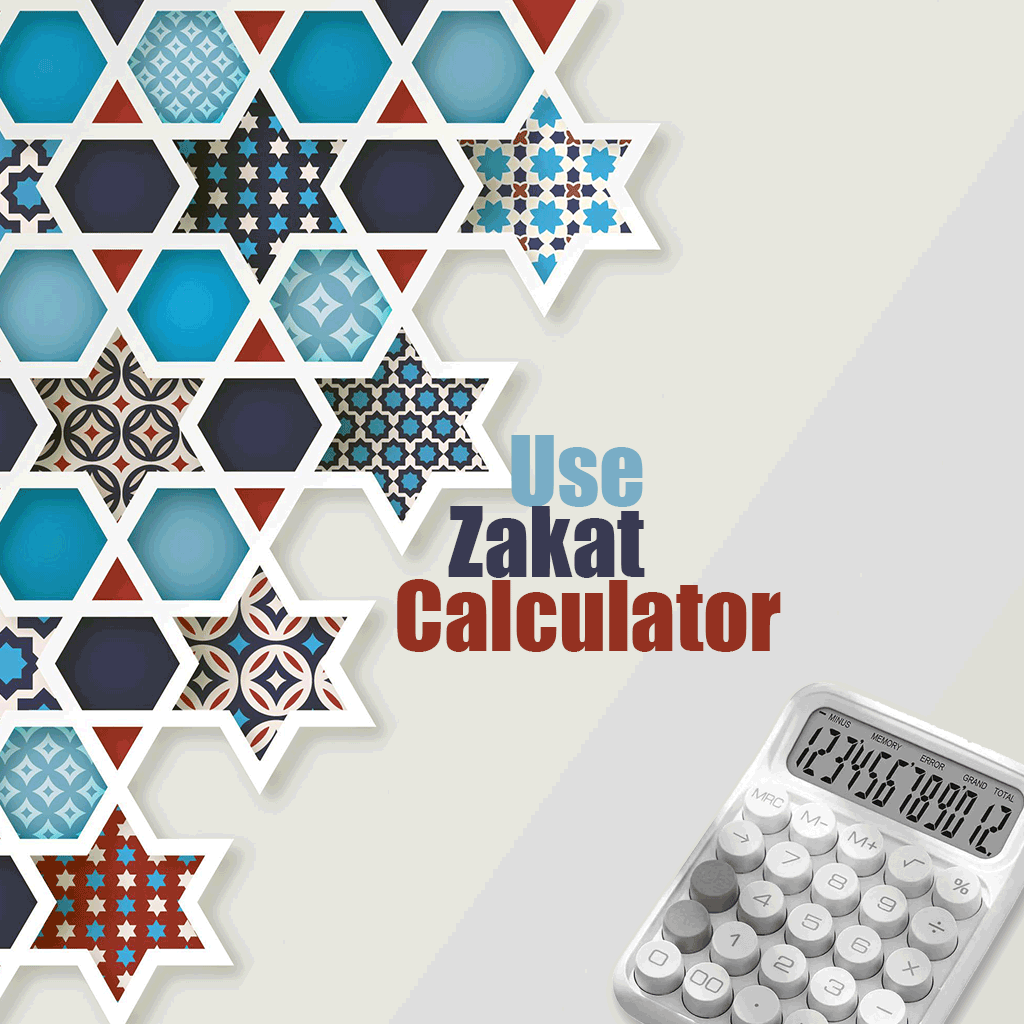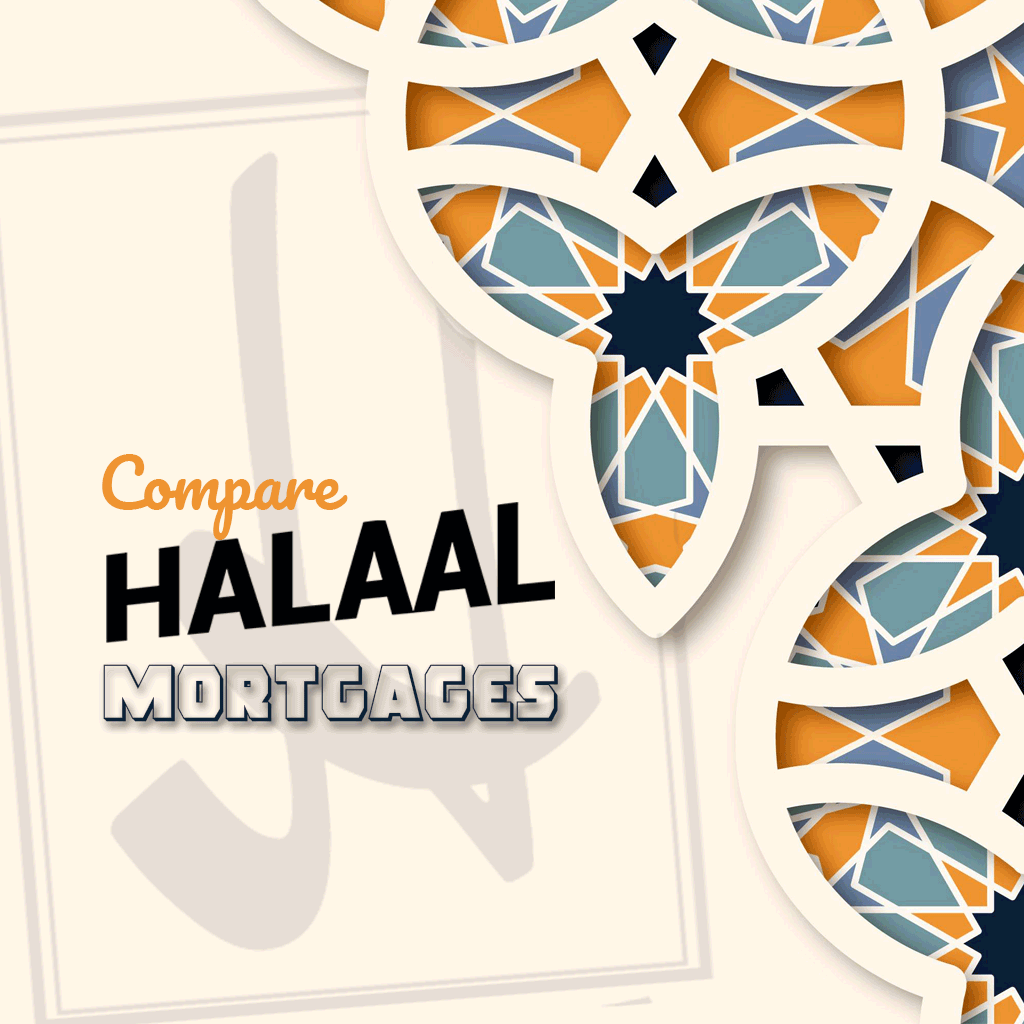Your most common questions about investing the Islamic way, answered clearly and simply
The truthful and trustworthy merchant will be with the Prophets, the truthful, and the martyrs.
Prophet Muhammad (peace be upon him)
(Sunan al-Tirmidhi, Hadith 1209)
This hadith reminds us that earning money through honest trade and ethical investments holds a high status in Islam. That is why more Muslims are now looking for ways to grow their money without compromising their faith.
Below, you will find answers to the most frequently asked questions about Islamic investing. These have been written in plain English for clarity, and reflect real questions asked by everyday Muslims in the UK and around the world.
Frequently Asked Questions (FAQs) regarding Islamic Investment

1. Is investing allowed in Islam?
Yes, investing is not only allowed, but encouraged — as long as it follows Islamic principles. Islam promotes wealth-building through lawful trade and ethical risk-sharing. What is not allowed is earning money through interest (riba), gambling, or unethical businesses.
2. What makes an investment halaal?
A halaal investment must:
- Avoid earning income from haram sources (like alcohol, pork, gambling, or adult content)
- Avoid interest-based contracts or lending
- Be backed by real assets or value
- Not involve excessive speculation or uncertainty (gharar)
- Have transparent, ethical operations
3. Can I invest in the stock market?
Yes, but only in stocks that meet Islamic guidelines. These are often screened based on the company’s business activities and financial ratios. Many halaal platforms and apps help you find shariah-compliant stocks that avoid haram sectors and interest-based financing.
4. Are mutual funds or ETFs halaal?
Some mutual funds and ETFs are halaal, but not all. Halaal funds are screened by shariah scholars and regularly reviewed to make sure they do not contain haram elements. Always check whether a fund is shariah-compliant and who certifies it before investing.
5. What is riba and why is it haram?
Riba is interest — the fixed or guaranteed return on money lent or deposited. Islam forbids riba because it leads to injustice, exploitation, and wealth accumulation without effort. Ethical investing involves shared risk and reward, not guaranteed gain through lending.
6. Is crypto investing halaal?
This is a debated topic. Some scholars allow certain cryptocurrencies if they are backed by real use cases and not used for speculation. Others advise caution due to high uncertainty. If you want to explore crypto, look for tokens that offer real utility and avoid risky trading platforms.
7. Is gold a halaal investment?
Yes. Gold is considered a halaal and stable form of investment. It must be purchased and owned in a way that avoids interest and delay. Physical gold and certain digital gold accounts backed by real assets are generally acceptable.
8. Can I invest in real estate?
Yes, property is one of the oldest and most popular halaal investments. As long as the transaction avoids interest-based financing and is structured clearly, it is a solid option for long-term wealth.
9. Do I pay zakat on my investments?
Yes. If your halaal investments (such as stocks, gold, or business shares) exceed the nisab and are held for one lunar year, you must pay zakat. The rate is generally 2.5 percent. You can use our Zakat Calculator to work it out.
10. What if I unknowingly invest in something haram?
If you discover that part of your investment earnings came from a haram source, scholars recommend you purify that income by donating it to charity without expecting reward. Going forward, you should review your investments and switch to halaal options.
11. Is my pension halaal?
Many workplace pensions are invested in conventional funds that may include interest, alcohol, and unethical companies. However, several providers in the UK now offer Islamic pensions. You can either switch or request ethical investment choices through your employer.
12. How can I find halaal investment platforms?
Start with our guide on Halaal Investment Providers. It lists UK-based and global platforms that offer shariah-compliant options in stocks, gold, funds, and pensions. Always check for scholar-backed screening and transparent practices.



Final Thoughts
As Muslims, we are responsible not only for how we earn but also how we grow and manage our wealth. Islamic investing allows us to do both to build for our future while keeping our earnings pure and our hearts at peace.
If you are still unsure, speak to a shariah finance advisor or use our platform to explore articles, comparisons, and tools to guide your journey.








Sign up